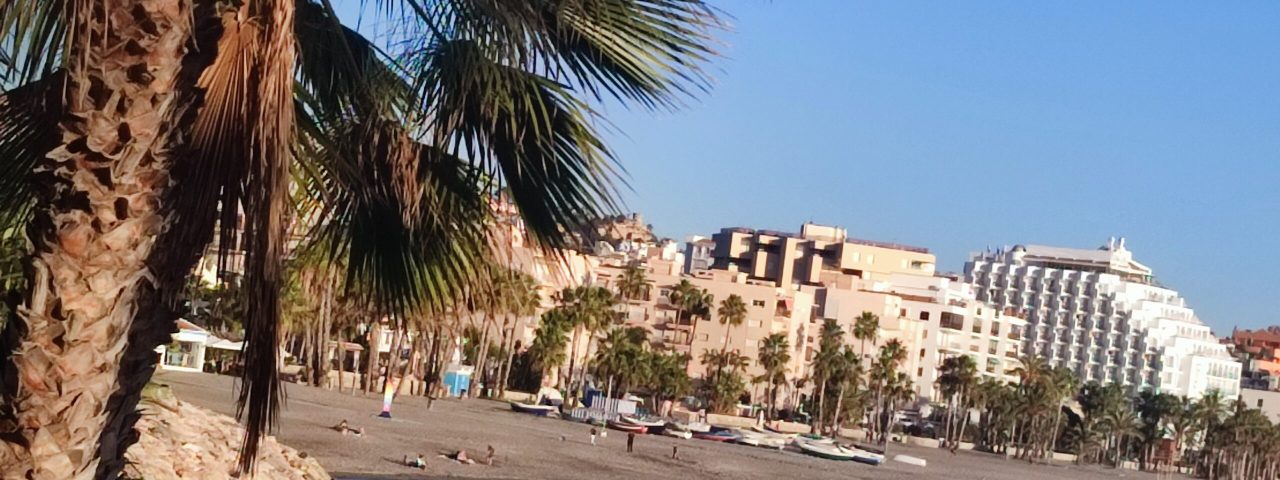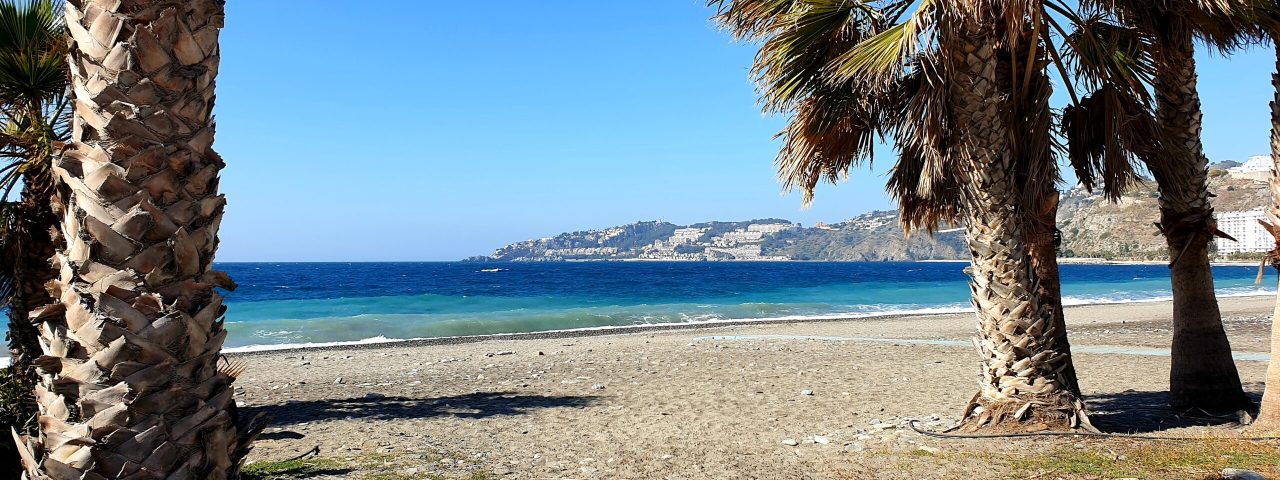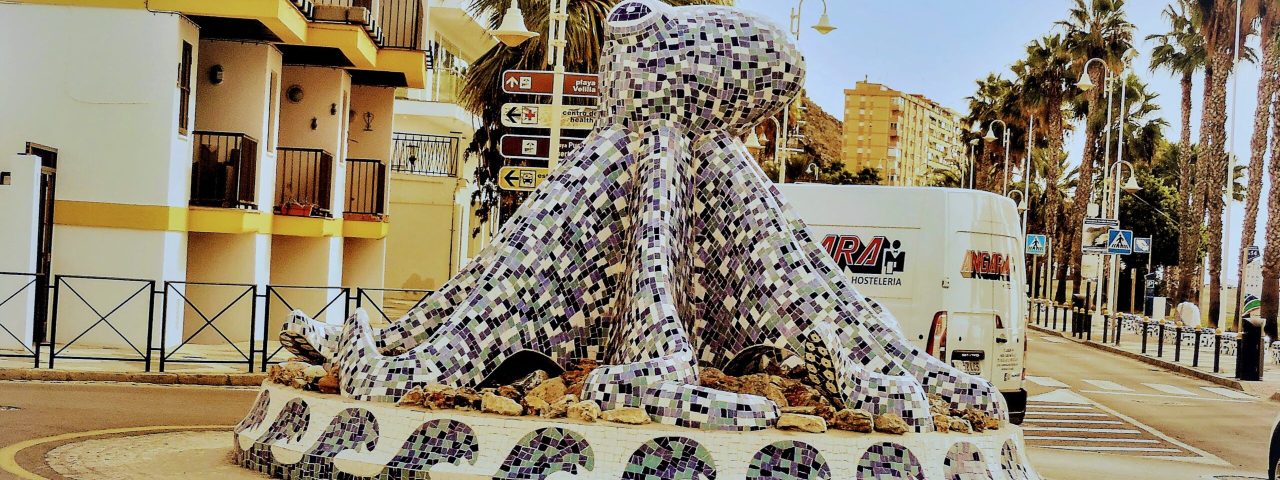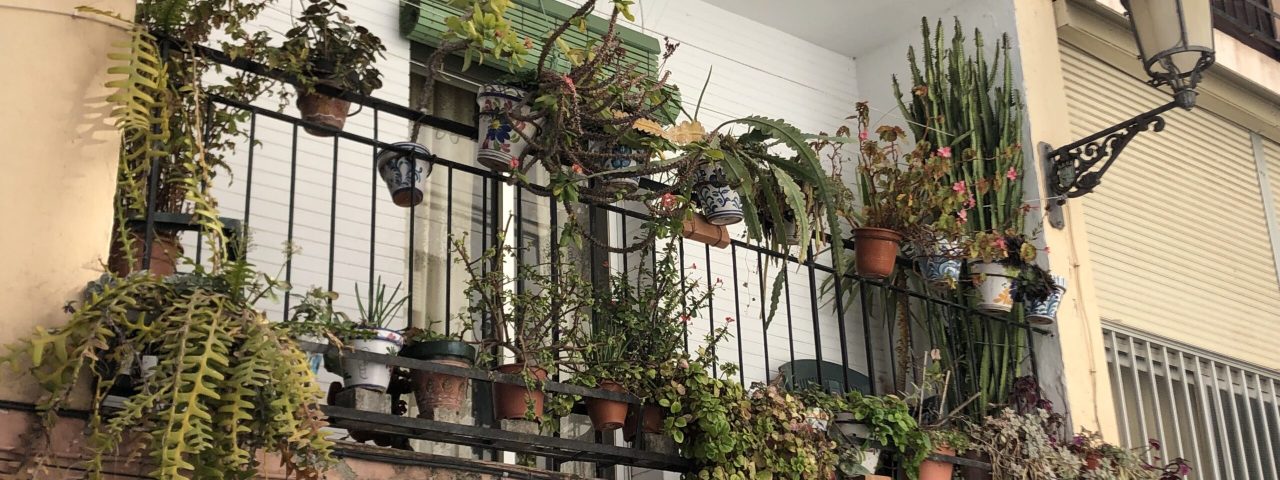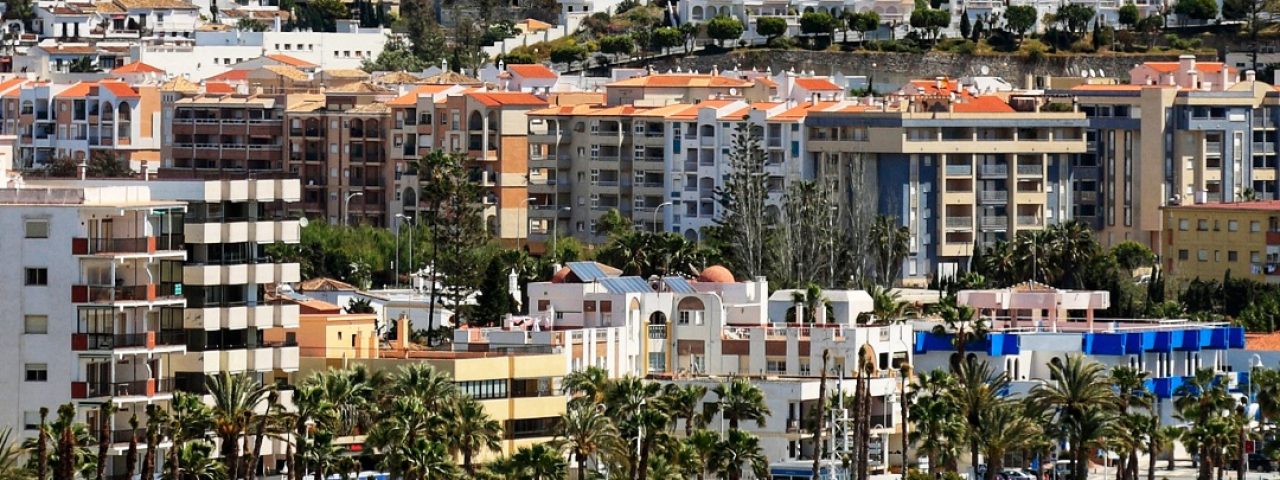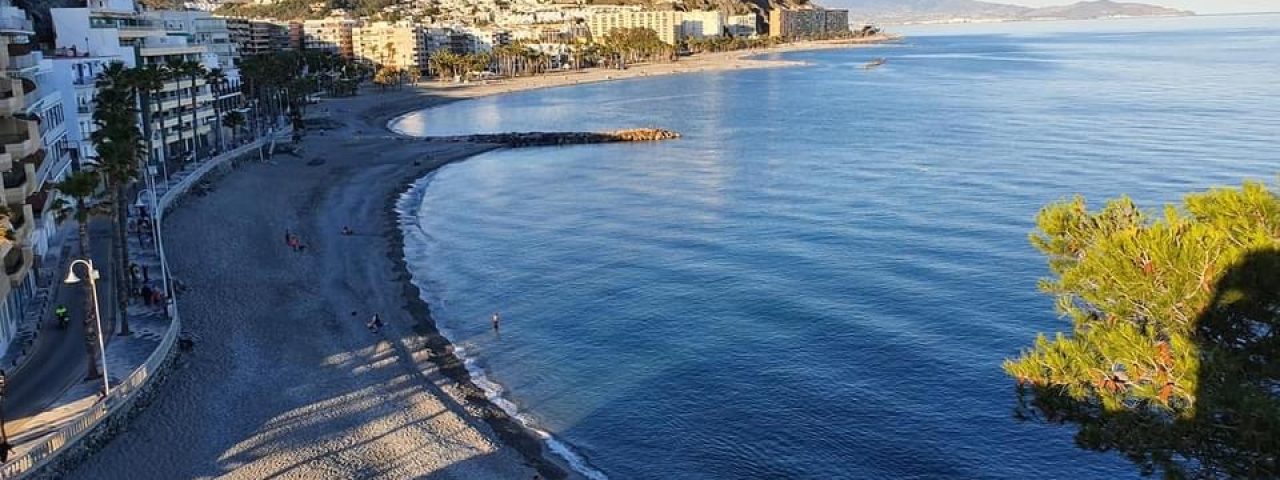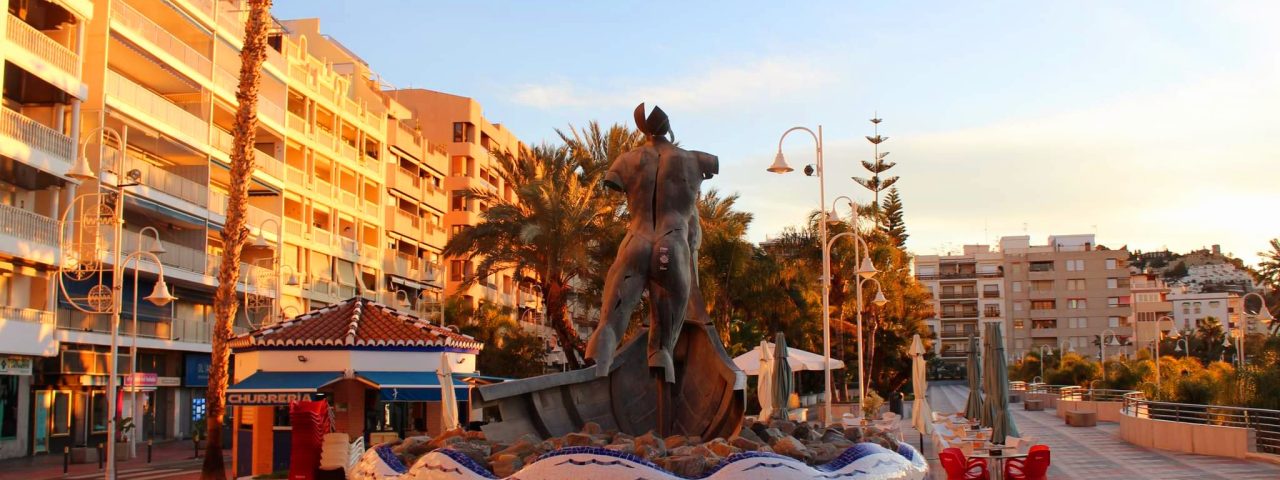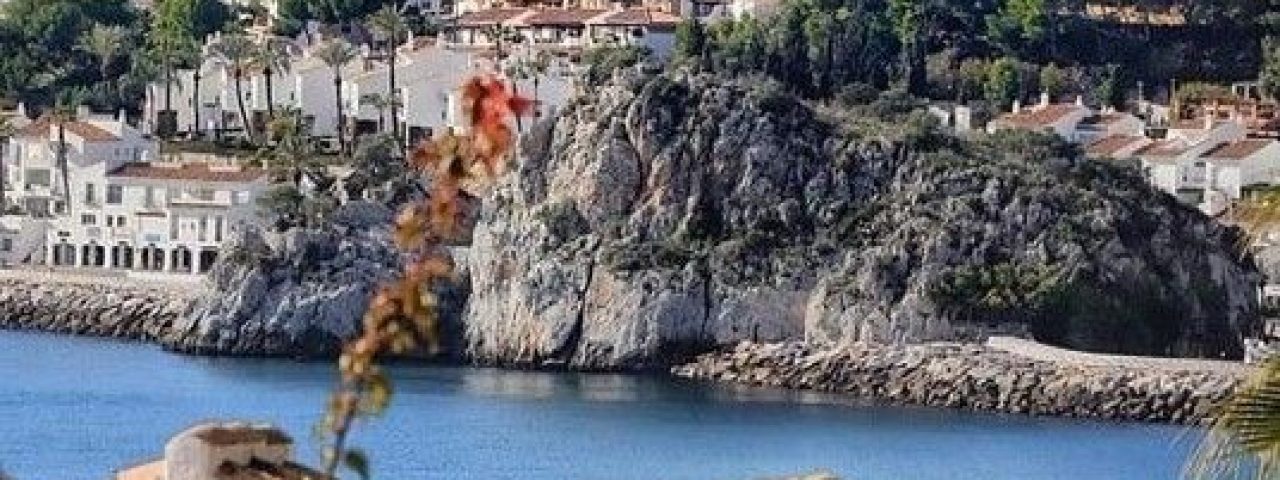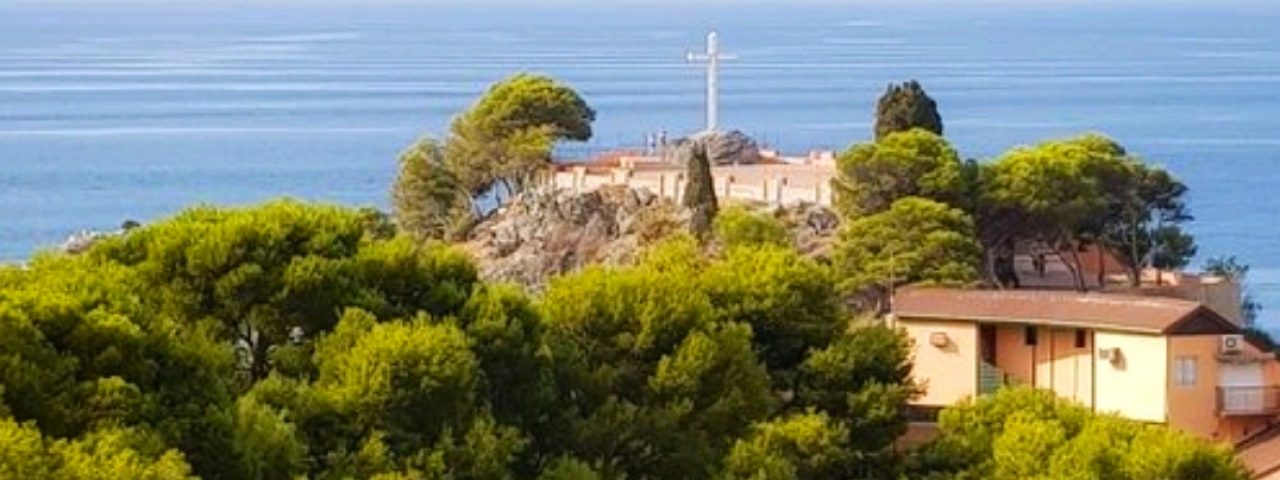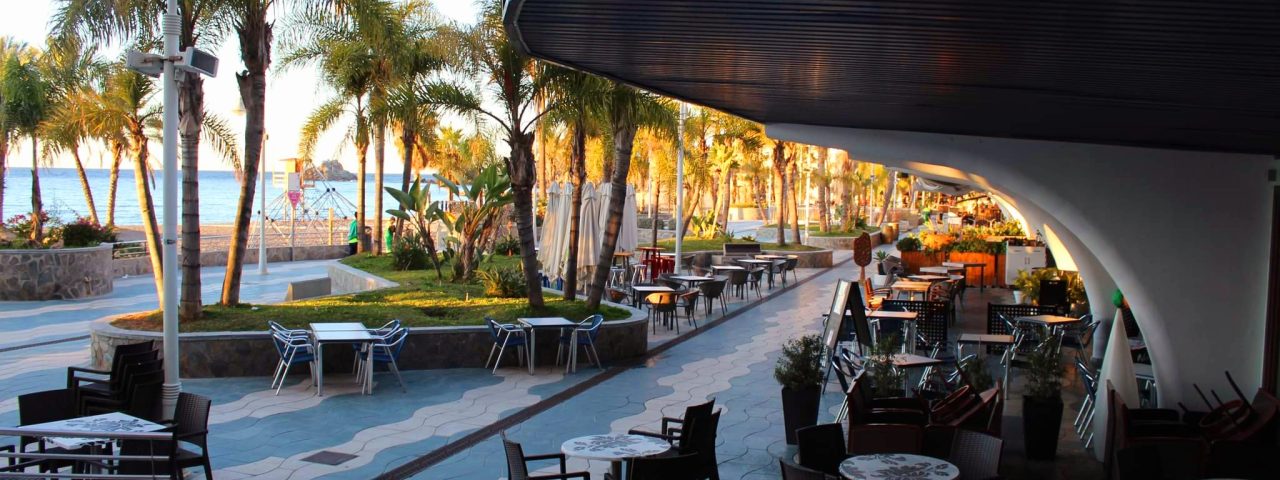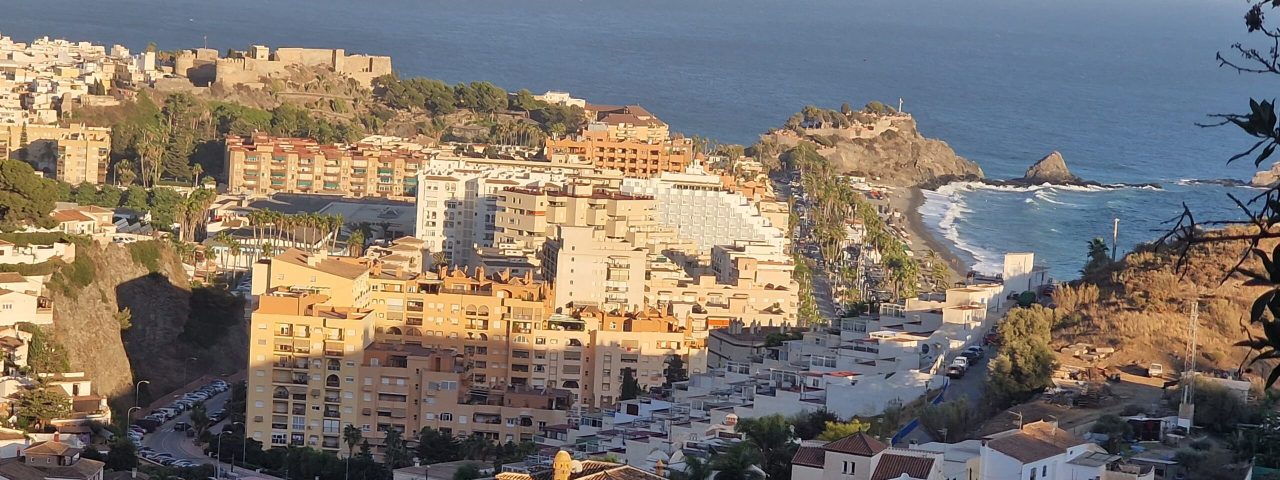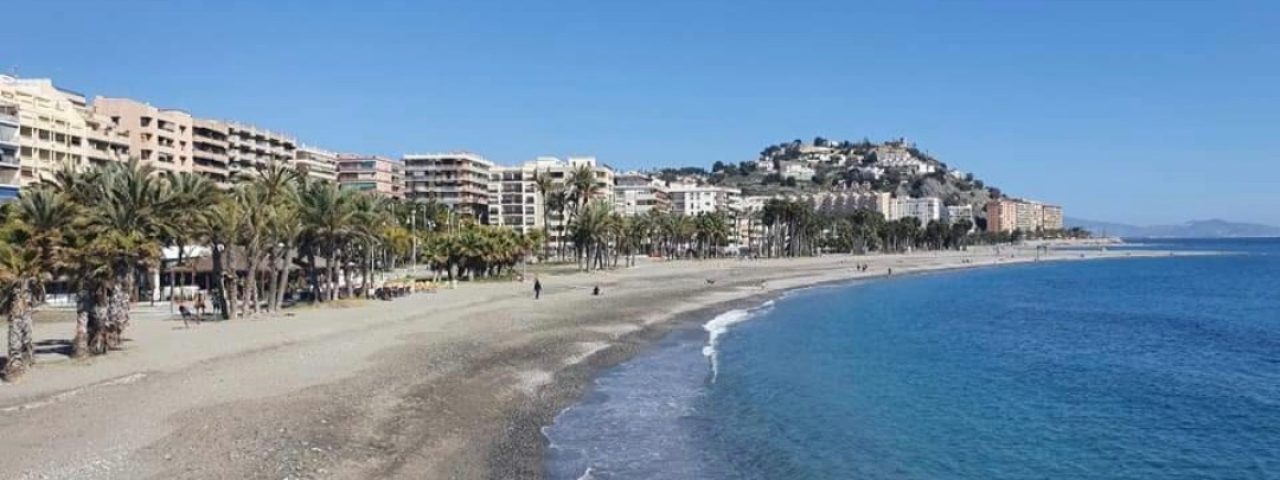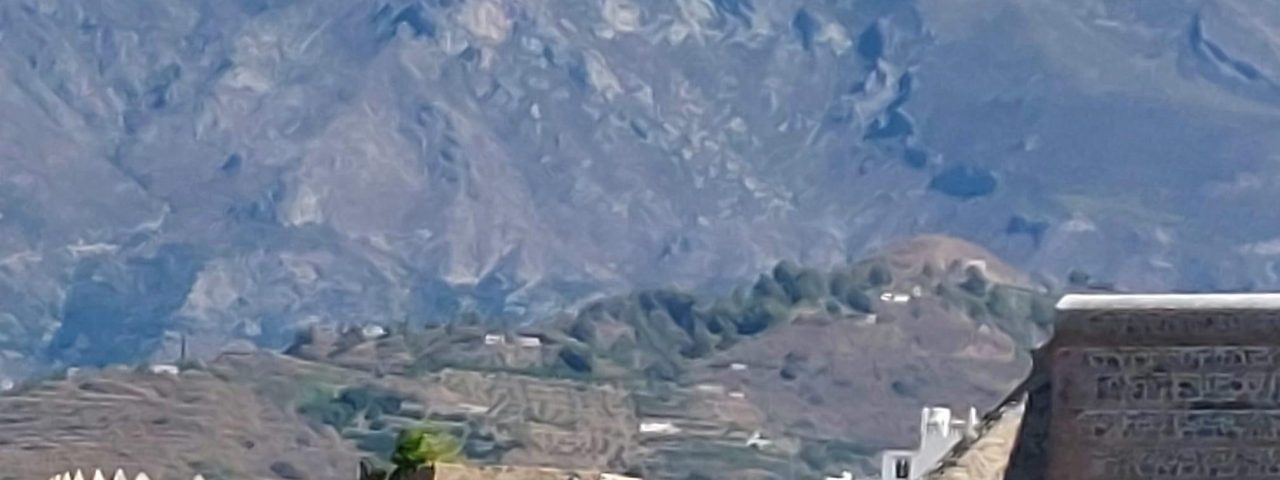Almuñécar’s rich history dates back over 3,000 years, with influences from the Phoenicians, Romans, Moors, and Christians shaping the city’s unique character. It was originally founded by the Phoenicians around 800 BCE, who established it as a major trading post. Later, under Roman rule, it became known as “Sexi” and flourished as a commercial hub, evidenced by the remains of aqueducts and other infrastructure from that era.
During the Moorish occupation of Spain, Almuñécar was fortified and grew as a key strategic point along the southern coast. The town’s prominent landmark, the San Miguel Castle, is a testament to its Moorish past and was later used by Christian forces during the Reconquista. Today, visitors can explore this historic castle, which offers panoramic views of the city and the sea.
Culturally, Almuñécar is known for its lively festivals and traditions. The most famous is the “Virgen del Carmen” celebration in July, which honors the patron saint of sailors with processions and fireworks along the waterfront. The city also hosts a number of cultural festivals, including flamenco performances, classical music concerts, and religious processions during Semana Santa (Holy Week). These events offer visitors an authentic glimpse into the vibrant Andalusian culture.
